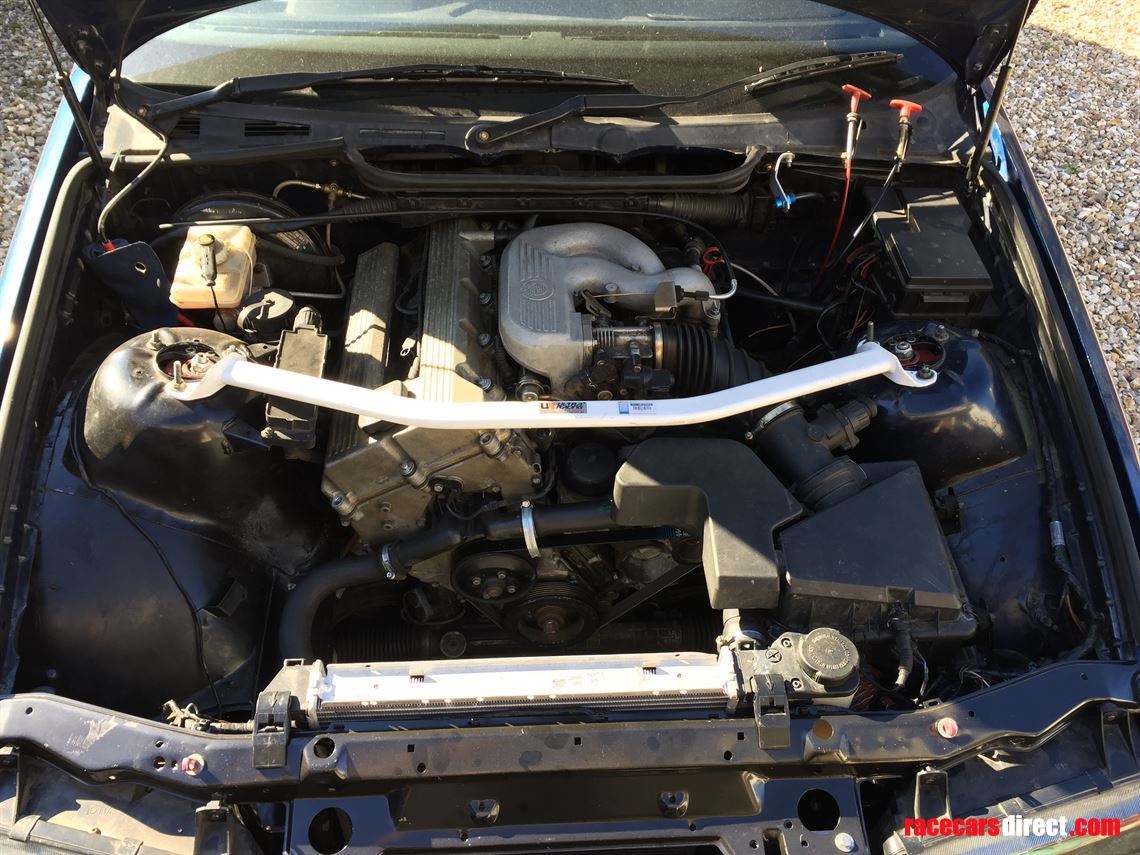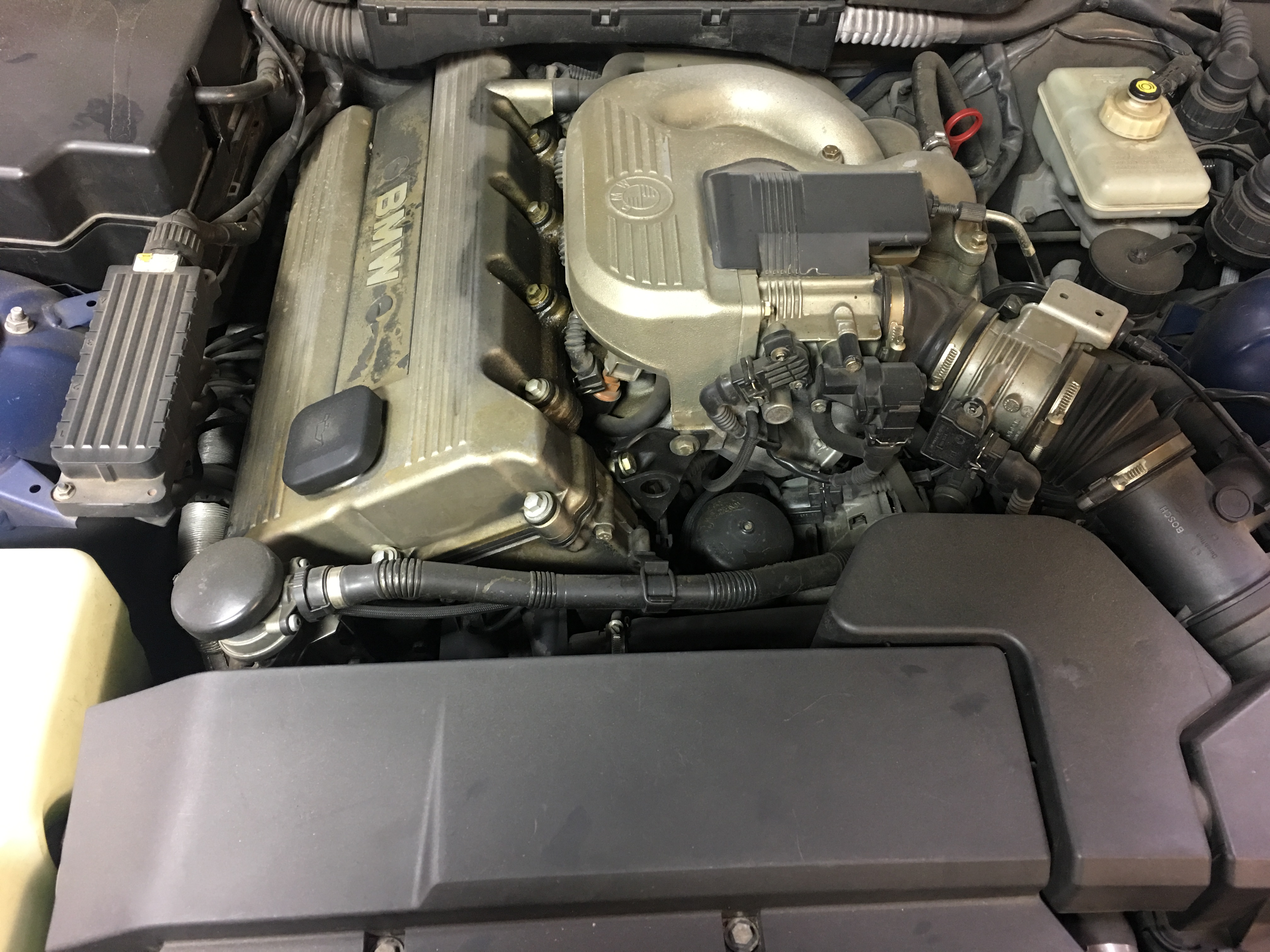BMW 318ti Review: What Makes This Version Stand Out
BMW 318ti Review: What Makes This Version Stand Out
Blog Article
Secret Features to Search For When Buying an Engine for Automotive Applications
When thinking about the purchase of an engine for vehicle applications, numerous crucial functions warrant careful analysis to ensure optimum efficiency and capability. From power and performance abilities to sustain performance, durability, and adherence to discharges standards, each facet plays a critical duty in determining the engine's suitability for specific auto requirements.
Power and Performance
When picking an automotive engine, purchasers prioritize power and performance to guarantee ideal driving experience and efficiency. A well-performing engine not only provides power successfully however also runs efficiently across various rate ranges and driving conditions.
Furthermore, variables such as engine turbocharging, displacement, and hybrid technologies play significant roles in improving both power and efficiency levels. Ultimately, choosing an engine that supplies a powerful mix of power and performance guarantees a gratifying and efficient driving experience.
Fuel Performance
Maximizing gas efficiency is an extremely important consideration for consumers when examining vehicle engine options. The effectiveness of an engine straight influences operating expense and ecological footprint. One vital aspect affecting fuel effectiveness is the engine's style and innovation. Modern engines with attributes like direct fuel injection, turbocharging, and variable shutoff timing can considerably boost gas efficiency by enhancing combustion procedures and minimizing power loss. In addition, the general weight of the engine and automobile, along with the aerodynamics, play important roles in determining gas intake.

Toughness and Dependability
Achieving long-lasting performance and reliable procedure is crucial for consumers assessing the sturdiness and reliability of vehicle engines. When thinking about an engine for vehicle applications, resilience refers to the engine's capacity to hold up against wear, stress and anxiety, and rough operating problems over an extended period. Reliability, on the various other hand, implies that the engine can continually perform its designated function without unforeseen malfunctions or failings.
Customers must look for engines constructed with premium materials and specific design to guarantee longevity. Components such as pistons, crankshafts, and bearings need to be sturdy to handle the engine's power output without premature wear. Additionally, engines equipped with sophisticated air conditioning systems, efficient lubrication, and durable filtration mechanisms often tend to display higher levels of dependability.
Regular maintenance and adherence to producer referrals are also important elements in preserving an engine's resilience and reliability. By following upkeep timetables, making use of advised liquids, and attending to any type of problems promptly, customers can take full advantage of the lifespan and efficiency of their vehicle engines. Ultimately, prioritizing toughness and dependability in engine selection can bring about a more enjoyable ownership experience with less unexpected interruptions.
Discharges Compliance
Making certain conformity with exhausts policies is a critical element of examining automotive engines for ecologically aware consumers. With increasing issues about air high quality and ecological impact, strict exhausts requirements have actually been established around the world to lower damaging contaminants released into the environment. When acquiring an engine for automotive applications, it is necessary to consider its emissions conformity to reduce the carbon impact and stick to lawful requirements.
Modern engines are furnished with innovative discharge control innovations such as catalytic converters, exhaust gas recirculation (EGR) systems, and careful catalytic decrease (SCR) to decrease hazardous exhaust gases like nitrogen oxides (NOx), carbon monoxide gas (CARBON MONOXIDE), and hydrocarbons (HC) These systems play a vital role in ensuring that the engine meets the defined exhausts standards and operates within acceptable restrictions.

Cost-effectiveness
When thinking about automotive engine purchases, examining cost-effectiveness is paramount for customers seeking both performance and value. It encompasses the overall expenses related to maintenance, gas usage, and possible repairs over the engine's lifespan.
Engines that are developed to optimize fuel economic climate can lead to considerable financial savings over time, particularly for individuals that drive often or over lengthy distances. bmw 318ti. Additionally, taking into consideration the availability and affordability of extra parts and maintenance can add to the overall cost-effectiveness of an engine.

Conclusion
In final he said thought, when purchasing an engine for auto applications, it is essential to take into consideration essential features such as power and performance, gas effectiveness, sturdiness and dependability, discharges conformity, and cost-effectiveness. These variables are crucial in making sure that the engine meets the demands of the automobile and operates efficiently in various driving problems - bmw 318ti. Making an educated choice based upon these criteria will eventually lead to a effective and effective auto engine purchase
From power and efficiency capacities to sustain efficiency, adherence, and sturdiness to exhausts standards, each facet plays an essential function in determining the engine's viability for certain automotive requirements. Engines created to run on different fuels such as electric power, crossbreed systems, or biofuels can offer improved gas economic climate and lower exhausts compared to standard fuel or diesel engines. Customers ought to very carefully think about Get More Info the gas efficiency ratings and modern technologies integrated into auto engines to make informed investing in decisions that line up with their concerns for expense savings and sustainability.
When thinking about an engine for automobile applications, resilience refers to the engine's capacity to endure wear, stress and anxiety, and extreme operating conditions over an extended period.In verdict, when acquiring an engine for vehicle applications, it is critical to take into consideration crucial attributes such as power and efficiency, gas effectiveness, dependability and resilience, exhausts compliance, and cost-effectiveness.
Report this page